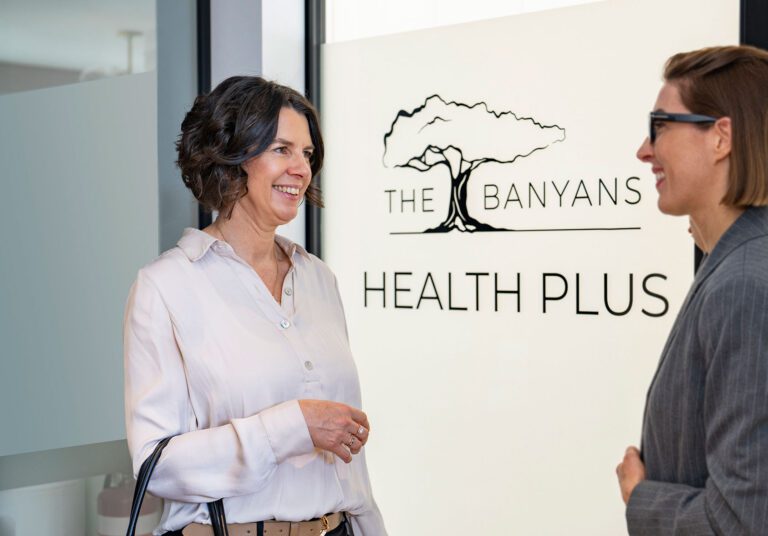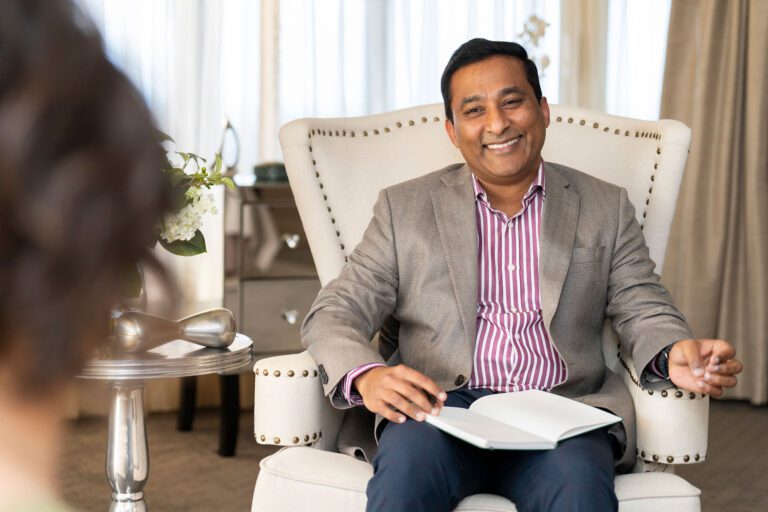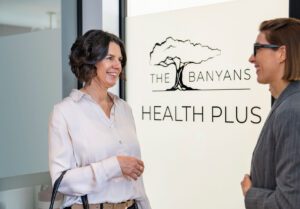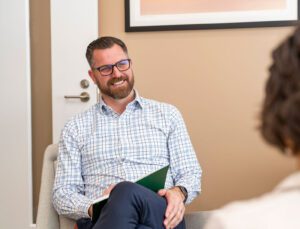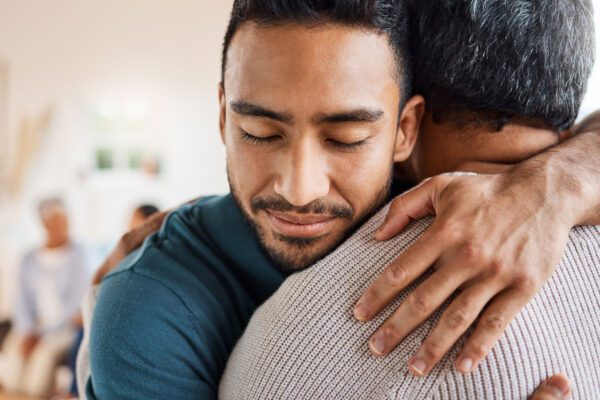
Be wary of your words
“Sticks and stones may break my bones, but words will never hurt me.” Although this well-known phrase may be a proverb for the playground, recent research suggests that it may not be true, especially when applied to people experiencing addictive behaviours. These behaviours may entail compulsive gambling, drug and alcohol abuse, pornography addiction, eating disorders or pathological internet use.
A report from the World Health Organisation[i] cited that drug addiction (either prescription or illicit) is the most stigmatised condition out of eighteen commonly prejudiced conditions. Alcohol misuse and addiction comes in fourth, following experiences of homelessness, having a formal criminal history and testing positive to HIV.
According to research published in 2010, stigma and prejudice are one of the largest barriers to seeking professional help and medical treatment for addictive behavioural patterns for drug and alcohol addiction[ii]. This is a result of the perception of shame and disappointment producing broader social disapproval[iii], and hindering honest self-disclosure[iv].
Similarly, stereotypes of people who experience addiction of various forms are widespread and deeply rooted. These stereotypes may be based on the very real and detrimental consequences of substance misuse, compulsive gambling, pornography addictions and disordered eating. However, negative attitudes have been perpetuated by the unmistakable connotations attached to the terms used to refer to people experiencing such challenges.
Words like ‘junkie’, ‘addict’, and ‘dirty’ carry shame, moral failing, and an inherent character flaw. Moreover, they convey the implicit assumption that the person continuously makes a complete and rational choice to engage in their addictive behaviours, and should be punished for any pain they experience as a result.
Addictions are about people, not conditions
Based on the findings by Kelly and colleagues[v], there has been a push in the medical industry to change the language of addiction from condition focused, to people focused. In doing so, people are less inclined to feel that their addiction is a part of their identity, but rather an illness that is able to be recovered from. For example, rather than saying that someone is drug addict, clinicians and healthcare professionals are referring to individuals experiencing substance abuse.
Kelly and colleagues wrote that “use of the medically and scientifically accurate terminology captures the medical malfunction inherent in addiction. Use of [different] terms may decrease stigma and increase help-seeking”[vi].
Showing compassion
Addiction Medicine Specialist Dr Christian Rowan says that the first conversation with a loved one about their addictive behaviour and/or substance dependency, can be the most difficult. “You must highlight that you are concerned, and that you care,” he says. “Often those closest to the person see changes physically, emotionally, socially, and financially. Using specific examples can often show them that you really do want what is best for them, and that you are committed to their recovery.”
Dr Rowan highlights the importance of being compassionate and understanding when talking about addiction. “It is more likely that a person will engage in the conversation if you are empathetic and non-judgemental. In turn, this will minimise the likelihood of conflict, and a more productive conversation will result.”
“You may have to have multiple conversations. It may even be an ongoing approach to your loved one’s behaviour rather than a single, sit down conversation,” Dr Rowan says.
In time, the person will have their ‘lightbulb’ moment. Dr Rowan describes this moment as being the point when the person shifts from being controlled by their addiction, to wanting to be in control. “The issue becomes personalised, and they begin to take ownership over their own rehabilitation and recovery. Their language changes from ‘I can’t’ to ‘I can.’”
A word from a wellness expert
Peter Hayton, Clinical Director at The Banyans, encourages family and friends of recovering guests to offer support in a way that is both heartfelt and considerate. One of the best ways to do this is to be selective in your words, and aware of the undertones held in your voice. “Support is one of the main keys to lasting success,” he says.
Peter also notes that for some people, our own feelings of guilt or shame can sabotage our loved one’s recovery journey. “It may be because we feel uneasy about our consumption, or perhaps the role we played in their experience.” Loved ones are also ‘in recovery’ when a guest returns home, and this will require a certain amount of behavioural and emotional change.
How a wellness program can help a loved one become set free
If you or someone you love is experiencing addictive behaviour and is ready to seek help, The Banyans provides a residential, medically assisted therapy program that creates lasting results. For a confidential discussion with The Banyans, call 1300 BANYAN (1300 226 926), email [email protected] or complete an online enquiry.
[i] Room, R., Rehm, J., Trotter, R. T., II, Paglia, A., & Üstün, T. B. (2001). Cross-cultural views on stigma valuation parity and societal attitudes towards disability. In T. B. Üstün, S. Chatterji, J. E. Bickenbach, R. T. Trotter II, R. Room, & J. Rehm, et al. (Eds.), Disability and culture: Universalism and diversity (pp. 247–291). Seattle, WA: Hofgrebe & Huber
[ii] Kelly, J. and Westerhoff, C. (2010). Does it matter how we refer to individuals with substance-related conditions? A randomized study of two commonly used terms. International Journal of Drug Policy, 21(3), pp.202-207.
[iii] Kelly, J. and Westerhoff, C. (2010).
[iv] Substance Abuse and Mental Health Services Administration. (2008). Results from the 2007 national survey on drug use and health: National findings. Maryland: Office of Applied Studies NSDUH.
[v] Kelly, J., Wakeman, S. and Saitz, R. (2015). Stop Talking ‘Dirty’: Clinicians, Language, and Quality of Care for the Leading Cause of Preventable Death in the United States. The American Journal of Medicine, 128(1), pp.8-9.
[vi] As above.




